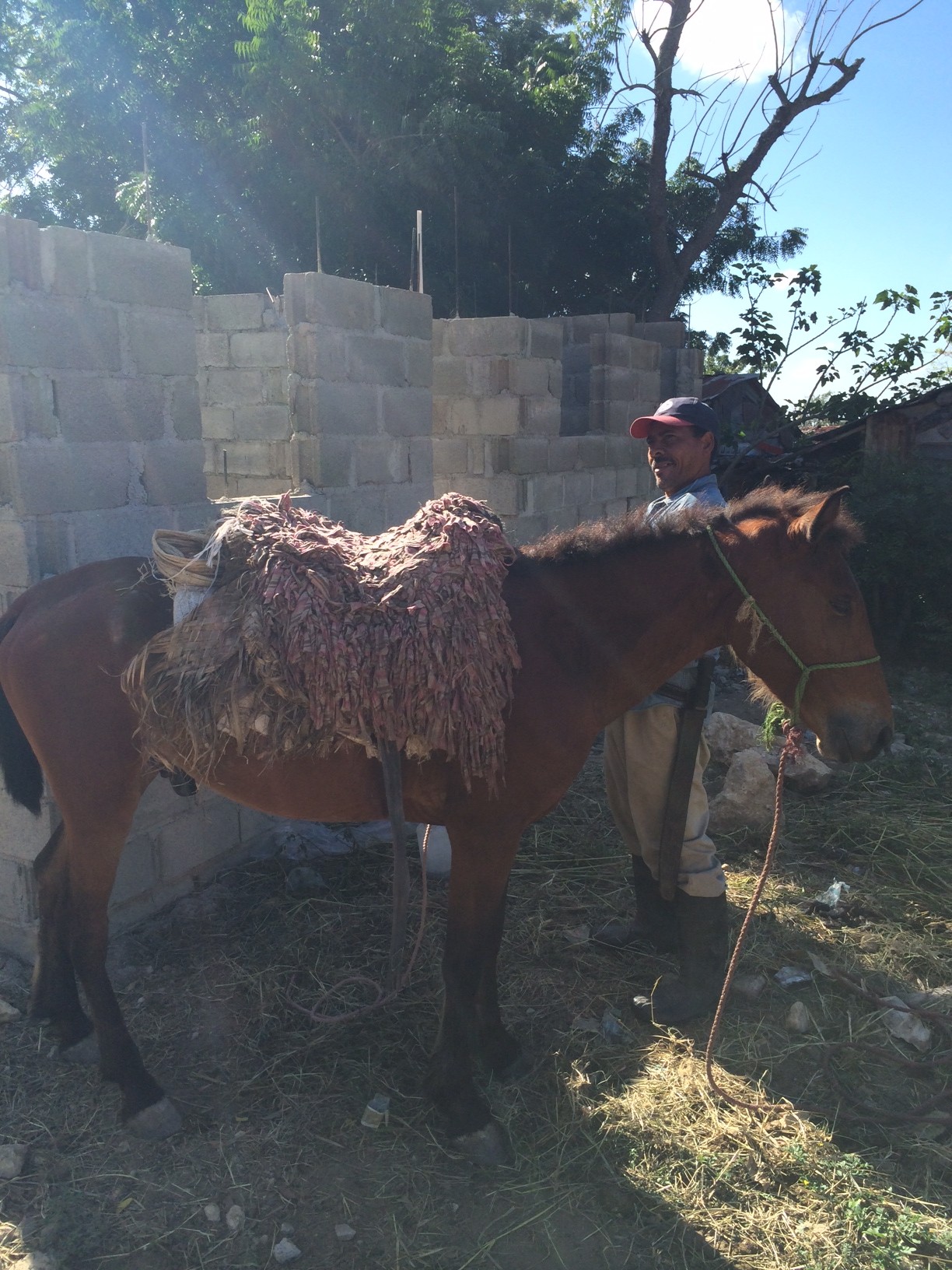I met this gentlemen at Villa Gonzalez outside of Santiago. I was amazed at his horse and the saddle was especially intriguing. The bridal as near as I could tell had no bit and was simply more rope, yet the horse was very well trained and didn’t balk at all until he took the bit out and then he got a little excited. I kept thinking of Psalm 32 which is really about the difference between the Law and the Gospel and how David felt before confession and absolution. His last few sentences sum up the life of those justified by faith.
8I will instruct you and teach you in the way you should go; I will counsel you with my loving eye on you. 9Do not be like the horse or the mule, which have no understanding but must be controlled by bit and bridle or they will not come to you. 10Many are the woes of the wicked, but the Lord’s unfailing love surrounds the one who trusts in him. 11Rejoice in the Lord and be glad, you righteous; sing, all you who are upright in heart!
This is important for the mission field because if we don’t get the Gospel right we can spiritually kill people. We have seen all around the world how churches have put images before the people rather than Christ and their religion is basically paganism wrapped in Christian trappings. That is true in the US and Africa and all around the world and it can be true of us.
Herman Sasse wrote, “What is preached from our pulpits? What do our children learn in religious instruction? Are we raising them to be people, who live by faith alone, grace alone, in daily repentance, from the daily forgiveness of sins?”
It is important that faith not be seen as superstition or a reliance upon the self that hides as faith. It is important that the Gospel be preached. Again Sasse:
Do we still teach faith alone correctly? That means not only: do we still have a correct theological doctrine of justification, but also: do we still correctly preach the salvific article, which is the gospel itself? Anyone who surveys the Lutheran churches of the world – the small and the large, the old national churches of Europe and the young churches in the mission fields, the small free churches of the Old World and the large ones of the New World – knows that this literally is a matter of life and death for the Lutheran church. The unity of the Lutheran church and of the church in general is also dependent upon it. With this in mind, the Formula of Concord (Sol. Decl. III, 6; BSLK 916; Müller 611) cites Luther’s well-known statement: “If this one teaching stands in its purity, then Christendom will also remain pure and good, undivided and unseparated; … but where this falls, it is impossible to ward off any error or sectarian spirit” (AE 14:37 on Ps. 117)



So did you ride the donkey?
fondow wouldn’t ride the camel….